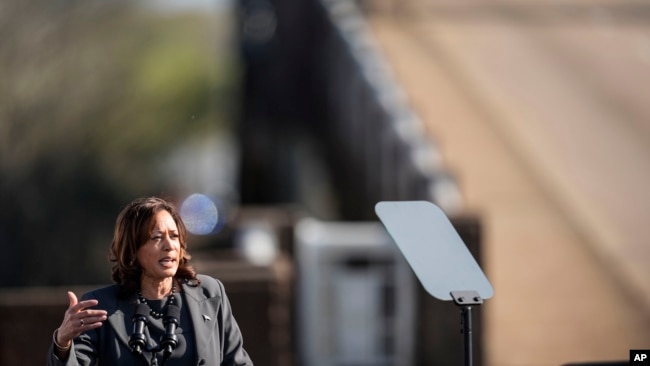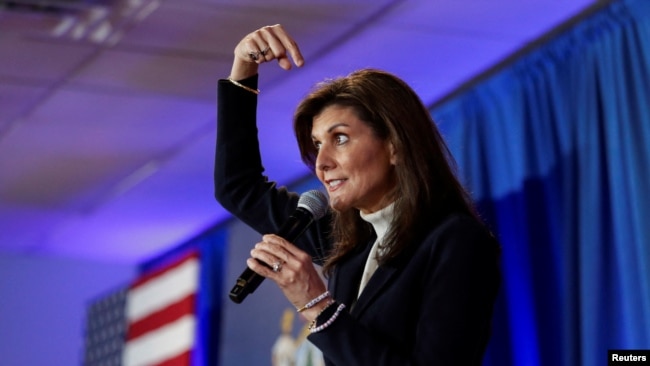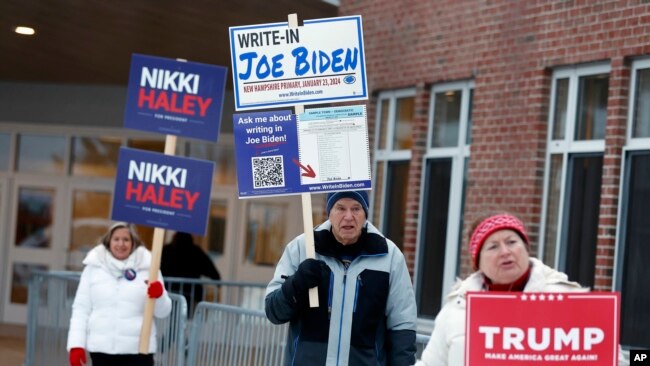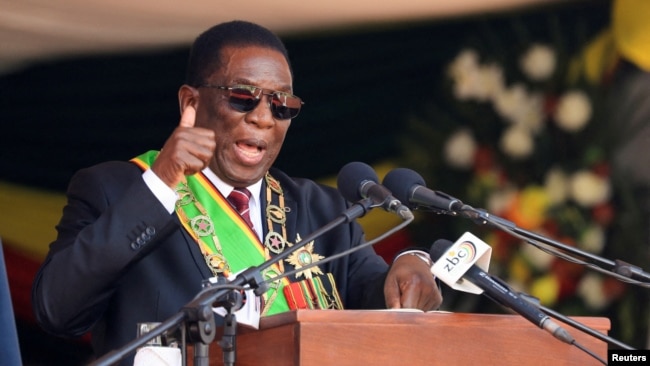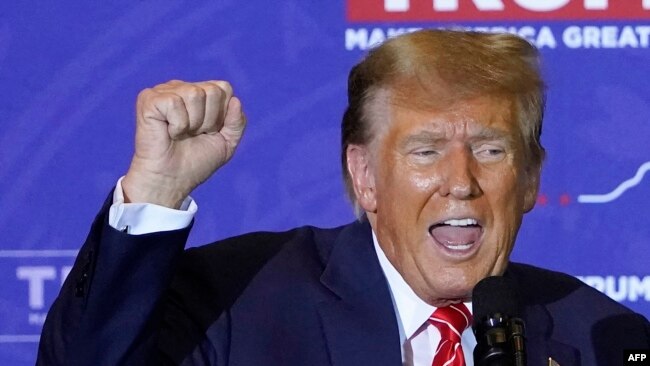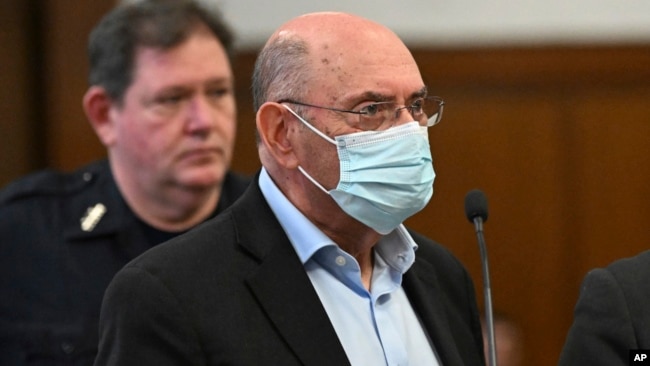전문가들 "올겨울 북한 식량난 악화 여러 신호"
Experts say, "This winter, North Korea's food shortage is getting worse".
페이지 정보
작성자 안소영 작성일 21-12-07 01:00 댓글 0본문
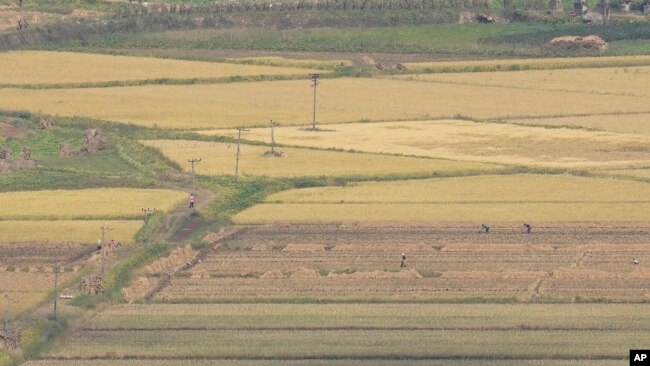
지난 10월 한국 김포에서 바라본 북한 개풍의 논.
Rice paddies with North Korea's Gaepung viewed from Gimpo, South Korea, last October.
북한이 올겨울 극심한 식량난을 겪을 수 있다는 여러 신호가 있다고 전문가들이 진단했습니다. 북한 당국이 식량난을 공개적으로 언급했을 뿐 아니라 옥수수 가격이 오르고 흑고니 사육 계획이 나오는 것 등은 식량 사정이 그만큼 어렵다는 방증이라는 겁니다. 안소영 기자입니다.
Experts have diagnosed that North Korea could suffer from severe food shortages this winter. Not only did the North Korean authorities openly mention the food shortage, but the rise in corn prices and the emergence of plans to raise black swans proves that the food situation is that difficult. I'm reporter Ahn Soyoung.
한국농촌진흥청의 김관호 농어촌연구원은 북한은 지난해에 이어 올해도 대북제재와 코로나, 자연재해가 맞물린 어려운 시기를 극복하지 못하고 있다며, 만성적인 북한의 식량난이 올겨울 가중될 것이라는 예측은 당연하다고 말했습니다.
Kim Kwan-ho, a researcher at the Korea Rural Development Administration, said North Korea has not been able to overcome difficult times this year, combined with sanctions, COVID-19 and natural disasters, adding that chronic North Korea's food shortages will increase this winter.
김 연구원은 6일 VOA와의 전화 통화에서 특히 지난 7월 북한 당국이 사상 처음 ‘자발적 국가별 검토’ (VNR)를 통해 자국의 어려운 식량 사정을 공개했다는 것은 그만큼 식량난이 심각해지고 있다는 점을 보여준다고 풀이했습니다.
Researcher Kim explained in a telephone conversation with VOA on the 6th that the North Korean authorities' disclosure of their difficult food situation through the first-ever "voluntary national review" (VNR) in July shows that the food shortage is getting serious.
앞서 북한은 ‘자발적 국가별 검토’ 보고서를 통해 곡물700만t 생산 계획이 차질을 빚고 있다면서, 2018년 495만t 생산으로 10년래 최저치를 기록했다고 밝힌 바 있습니다.
North Korea said earlier in a "voluntary national review" report that its plan to produce 7 million tons of grain was disrupted, hitting a 10-year low of 4.95 million tons in 2018.
김 연구원은 북한의 장기간 봉쇄 조치로 국경이 차단되면서 농업에 필수적인 비료와 모종, 농기구, 농자재 등의 물자부족이 이어진 것도 식량난을 부추겼을 것이라고 말했습니다.
Researcher Kim said that the lack of fertilizers, seedlings, agricultural equipment, and agricultural materials essential to agriculture may have also fueled food shortages as North Korea's long-term blockade blocked borders.
[녹취: 김관호 연구원]”영농하기 전에 농자재라든지 비료 등을 수입해야 하는데 거의 중국으로부터의 수입 수준이 전보다 10분의 1 정도로 줄었잖아요. 따라서 이런 무역 자료 통계 등으로 (북한 식량 상황을) 추정해 보면 올해도 많이 힘들겠다는 이런 생각입니다.”
[Recording: Researcher Kim Kwan-ho] "Before farming, we need to import agricultural materials and fertilizers, but the level of imports from China is almost a tenth lower than before." Therefore, if we estimate (the North Korean food situation) with these trade data statistics, I think this year will be very difficult."
또한 지난 10월 북한 김정은 국무위원장이 처음으로 밀과 보리농사로 방향을 전환해야 한다고 밝힌 것은 식량 부족분을 메우기 위한 움직임으로 읽힌다고 김 연구원은 덧붙였습니다.
Researcher Kim added that North Korean leader Kim Jong-un's first announcement in October that he should switch to wheat and barley farming is seen as a move to fill the food shortage.
[녹취: 김관호 연구원]”쌀농사 끝나고 10월과 11월부터 밀 보리 파종을 하지 않습니까? 그래서 이런 걸 더 확대해서 부족한 식량을 밀보리로 보충하려는 것이 아닌가 라는 생각이 들고요. 여태까지 밀보리를 많이 심으라고 한 적은 한 번도 없었거든요.”
[Recording: Researcher Kim Kwan Ho] "Don't you get wheat barley sowing from October and November after rice farming? That's why I think they're trying to expand this to supplement the food they lack with wheat barley. "I've never told you to plant a lot of wheat barley so far."
북한 경제전문가인 윌리엄 브라운 조지타운대학교 교수는 북한의 최근 식량 가격 등 물가 오름세가 식량난과 연관이 있을 수 있다고 말했습니다.
William Brown, a professor at Georgetown University, a North Korean economist, said North Korea's recent rise in prices, including food prices, could be linked to food shortages.
상대적으로 여유 있는 북한 주민들의 식량 사재기 현상이 가격 상승의 원인으로 작용할 수 있으며, 이는 올겨울 식량난이 더욱 악화될 것이라는 신호가 될 수 있다는 겁니다.
The relatively relaxed phenomenon of food hoarding by North Koreans could be the cause of rising prices, which could signal that the food shortage will worsen this winter.
[녹취: 브라운 교수]”One thing that happens is that with the market, some people who are rich, relatively speaking buys whole a lot of it.”
[Recording: Professor Brown] 시장에서 일어나는 일 중 하나는 상대적으로 부유하고 말을 많이 하는 사람들이 그 전부를 많이 산다는 것입니다."
브라운 교수는 또한 지난 10년에서 15년 사이 북한 주민들은 닭이나 소 등 가축 사육을 통해 부족한 식량을 대체하기도 했다며, 최근 북한이 흑고니 사육 계획을 전한 것도 식량 상황이 어렵다는 것을 방증하는 것 같다고 덧붙였습니다.
Professor Brown also said that over the past 10 to 15 years, North Koreans have replaced insufficient food through raising chickens and cows, adding that North Korea's recent announcement of its plan to raise black swans seems to prove that the food situation is difficult.
다만 국경 봉쇄 조치가 2년 가까이 이어지면서 주민들이 가축 사육을 통해 먹을 것을 해결하는 것도 쉬운 상황이 아닐 것이라고 브라운 교수는 진단했습니다.
However, Professor Brown diagnosed that as the border blockade continues for nearly two years, it will not be easy for residents to solve food through livestock breeding.
제롬 소바쥬 전 유엔개발계획(UNDP) 평양사무소장은 북한의 옥수수 가격 상승을 언급하며, 이는 그만큼 북한 주민들이 식량을 얻는 데 부정적이라는 것을 의미라고 말했습니다.
Jerome Sobage, former head of the UNDP Pyongyang office, mentioned the rise in corn prices in North Korea, which means that North Koreans are negative about getting food.
[녹취:소바쥬 전 소장] “North Korea has been shifting over time, its production of cereal, less with rice and more with corn which is easier to grow. So the corn has been growing as a big part of cereal production of North Korea.”
[Recording: Former collection of soba juice] "북한은 시간이 지남에 따라 곡물 생산량이 쌀 생산량을 줄이고 재배하기 쉬운 옥수수를 더 많이 공급하면서 변화해 왔습니다. 그래서 북한 시리얼 생산의 큰 부분으로 옥수수가 자라고 있습니다."
북한 당국이 곡물 생산에 있어 쌀 생산은 줄이고 생육 기간이 짧고 재배가 쉬운 옥수수 재배를 권장해 온 가운데, 북한 곡물 생산의 큰 비중을 차지하는 옥수수 가격마저 올랐다는 것은 경제적 상황의 어려움을 나타낸다는 겁니다.
While North Korean authorities have reduced rice production, recommended growing corn, which has a short growth period, and is easy to grow, the rise in corn prices, which account for a large portion of North Korean grain production, indicates difficulties in the economic situation.
김관호 연구원은 옥수수 가격 상승은 북한 내 밀가루와 설탕 부족 상황을 보여준다고 말했습니다.
Researcher Kim Kwan-ho said the rise in corn prices shows a lack of flour and sugar in North Korea.
북중 국경 봉쇄로 관련 제품의 수입이 막힌 상황에서 당분 원료를 옥수수 가루에서 얻기 위해 옥수수 수요가 많이 늘어났을 것이라는 겁니다.
With imports of related products blocked due to the blockade of the North Korea-China border, demand for corn would have increased a lot to get sugar ingredients from corn powder.
한편 미국 일간지 ‘워싱턴포스트’는 북한이 신종 코로나바이러스 감염증 대유행에 따른 국경 봉쇄로 올겨울 식량난을 겪을 수 있다고 보도했습니다.
Meanwhile, the U.S. daily Washington Post reported that North Korea could suffer from food shortages this winter due to a border blockade following the pandemic of COVID-19.
신문은 전문가들의 분석을 전하며 만성적인 식량 부족을 겪어온 북한이 국경 봉쇄와 이에 따른 국제기구와 구호단체들의 지원 중단 때문에 올겨울 식량난이 가중될 수 있다고 전했습니다.
The newspaper reported an analysis by experts that North Korea, which has suffered from chronic food shortages, could face increased food shortages this winter due to the blockade of its borders and the resulting suspension of support from international organizations and relief organizations.
북한 경제전문가 피터 워드 씨는 이 신문과의 인터뷰에서, 무역 봉쇄가 시장의 물가 상승과 상품 구매를 위한 국내외 통화 부족을 야기했을 가능성이 있다고 말했습니다.
In an interview with the newspaper, North Korean economist Peter Ward said the trade blockade may have caused inflation in the market and a shortage of domestic and foreign currencies to purchase goods.
또한 신문은 무역이 중단되고 이동 제한이 더욱 엄격해지면서 북중 국경에서 일한 노동자들이 일자리를 잃는 등 식량난뿐 아니라 경제적 문제로 번지고 있다는 지적도 있다고 전했습니다.
The newspaper also pointed out that as trade is suspended and movement restrictions become stricter, it is spreading to economic problems as well as food shortages, with workers working on the North-China border losing their jobs.
VOA 뉴스 안소영입니다.
I'm Ahn Soyoung of VOA News.
출처 : VOA한국
댓글목록 0
등록된 댓글이 없습니다.


